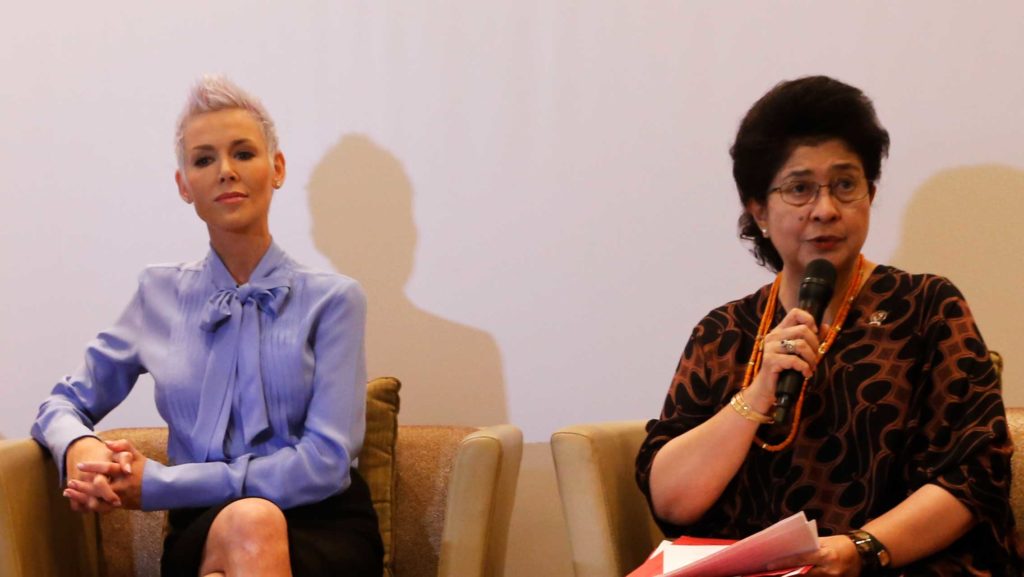
Read the original opinion editorial from The Diplomat here
With just 13 years to achieve the planet’s most ambitious development goals in history, there is no engine better suited to drive this global transformation than the Asia-Pacific. A region with a heavy influence on global policy, it is home to leading centers for innovation, finance and health, as well as celebrated and diverse food cultures. The Asia-Pacific has led the world in economic growth – and from ‘tiger economies’ to ‘tiger food systems’ – this region now has the potential to also lead the world in ensuring healthy, sustainable food for all.
Last month, the United Nations reported that after steady declines for more than a decade, world hunger was again on the rise. This served as a stark reminder that today’s global food system is failing both people and planet. While 815 million people – more than one in 10 worldwide – suffer from undernutrition, one third of all food produced goes to waste. And in parallel, levels of overweight and obesity continue to increase, now affecting more than 2 billion children and adults. Unhealthy diets have become a leading risk factor for disease globally and the main driver of the epidemic of chronic conditions such as diabetes and heart disease; putting an enormous and rapidly growing burden on healthcare systems.
How we grow, process, transport, consume and waste food is also driving our global environmental crises. The agricultural sector is the single biggest emitter of greenhouse gases and a major contributor to deforestation, species extinction, and the depletion of both marine systems and fresh water resources. As hunger rises – powered significantly by climate change – greater pressure mounts on an already overstretched, inefficient and unsustainable food system, further accelerating climate change and ecological decline.
Whether here in the Asia-Pacific or across our planet, it’s the interlinkages between these great threats that define their urgent potency – but also provide us our greatest opportunities for action. Just as the challenges are intimately intertwined, our actions must be integrated across sectors, disciplines and continents. A core premise of the Sustainable Development Goals (SDGs) is that we will never achieve the future we want by repeating past mistakes, nor by working in siloes. To end malnutrition in all its forms, we must holistically address all food-related challenges. The world must learn from strides made in this region to overcome undernutrition, particularly among children, while simultaneously sharing success stories to curb rapidly rising rates of regional obesity. We must make food our powerful link between planetary and human health.
This is why EAT Foundation, a global science-lead multi-stakeholder platform linking food, health and sustainability, and the Ministry of Health of the Republic of Indonesia have joined forces to organize the first EAT Asia-Pacific Food Forum on 30-31 October in Jakarta. Inspired by the annual EAT Stockholm Food Forum – now in its fourth year – this forum aims to catalyze collaborative and concerted action, share cutting-edge knowledge and best practices, and co-design local, regional and global solutions to address the planet’s broken food system.
This forum aims to amplify the voices of great scientists who are protecting the health of our children, and rescuing our ecological and agricultural biodiversity; the disruptive chefs who are rethinking plant-forward diets and rewriting global menus; the tech innovators who are behind healthy, tasty and sustainable food breakthroughs; the politicians achieving integrated policies that put healthy food from sustainable food systems on their nations’ dinner plates; and the civil society leaders who are inspiring food movements everywhere, and holding us all accountable for our words and actions.